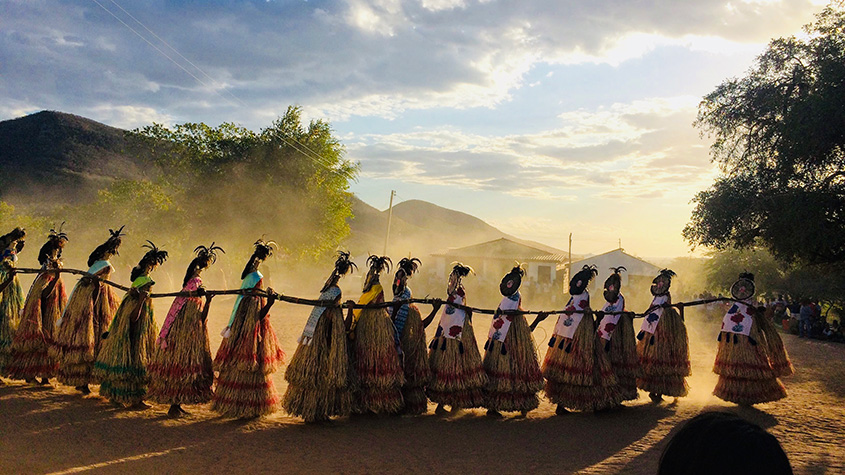Challenges Faced by Indigenous Communities in Preserving Cultural Heritage

By using this site, you agree to the Privacy Policy and Terms of Use.

Indigenous communities around the world hold unique cultural heritages that are deeply rooted in their traditions, languages, and ancestral practices. However, these communities face numerous challenges in preserving their cultural identities in the face of modernization, globalization, and external pressures.
One significant challenge is the erosion of traditional knowledge and practices. As younger generations increasingly migrate to urban areas for education and employment, they often lose touch with their cultural roots. This generational disconnect contributes to the gradual fading of indigenous languages, crafts, and rituals.
Globalization also poses a major threat. The spread of dominant global cultures and consumerism often overshadows indigenous ways of life. Cultural homogenization leads to a loss of identity as traditional practices are replaced by modern lifestyles.
Land disputes further complicate the preservation of heritage. Many indigenous communities rely on ancestral lands for spiritual practices, agriculture, and traditional livelihoods. However, land encroachments, deforestation, and industrial development disrupt these connections, undermining cultural continuity.
Legal and political marginalization is another barrier. Indigenous voices are often excluded from policymaking processes, leading to inadequate protection of their rights and heritage. Many communities lack legal frameworks to safeguard their cultural expressions, making them vulnerable to exploitation and cultural appropriation.
Climate change adds another layer of complexity. Rising sea levels, desertification, and extreme weather patterns are displacing indigenous populations and destroying sacred sites, further threatening their cultural integrity.
Efforts to address these challenges must focus on empowerment and inclusion. Governments and international organizations need to recognize the value of indigenous knowledge systems and support initiatives that promote cultural education, language preservation, and economic opportunities within these communities. Policies must also prioritize land rights and involve indigenous leaders in conservation efforts.
In conclusion, preserving the cultural heritage of indigenous communities is not just a local issue but a global responsibility. By addressing these challenges and fostering respect for indigenous traditions, we can ensure that their rich and diverse cultures continue to thrive for generations to come.
Notifications